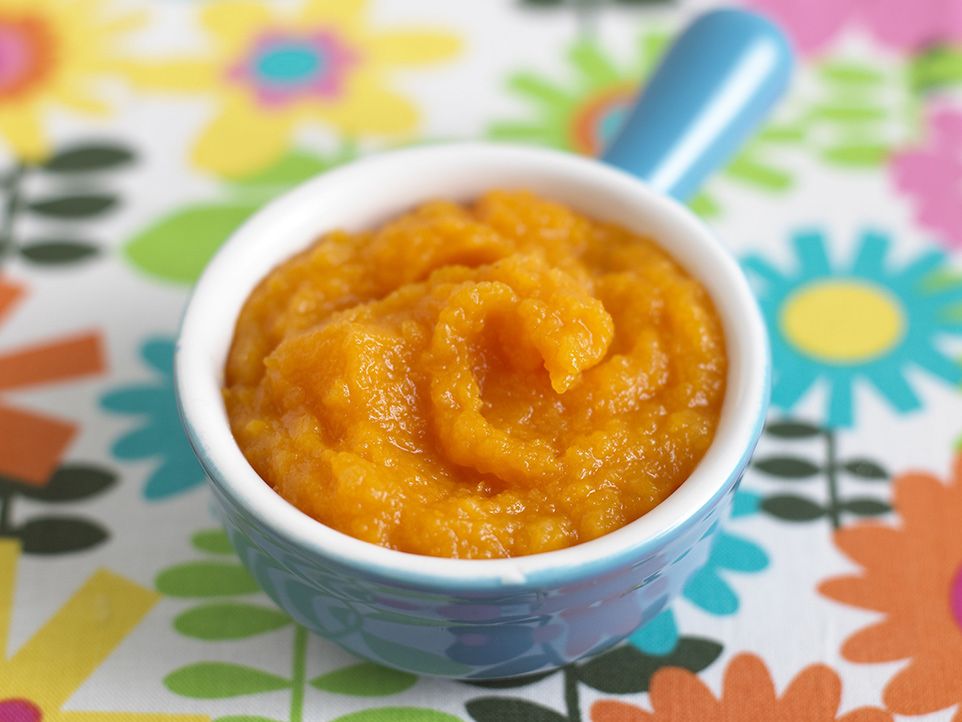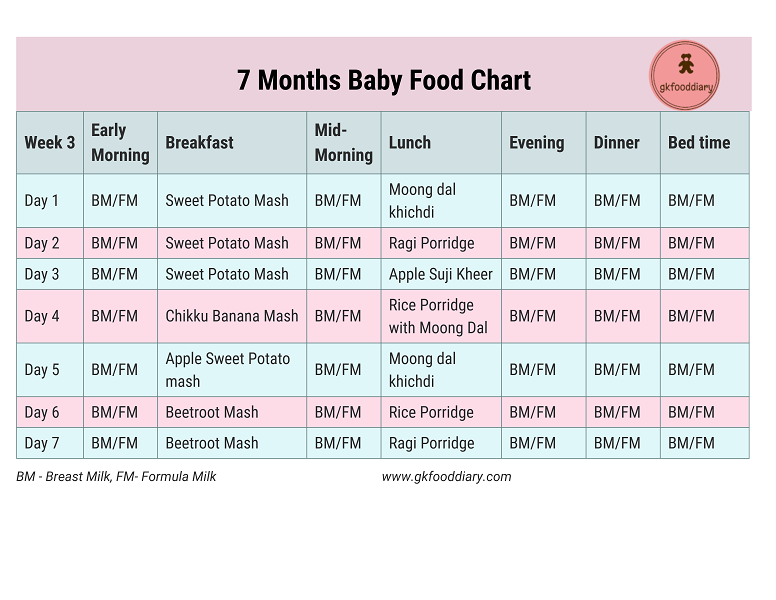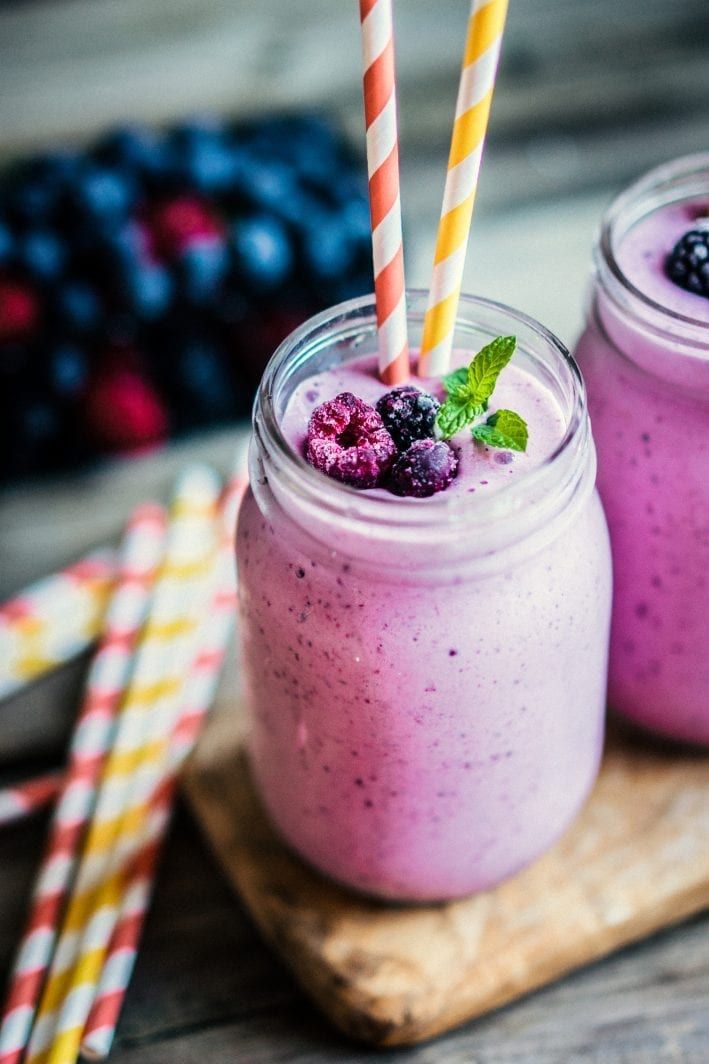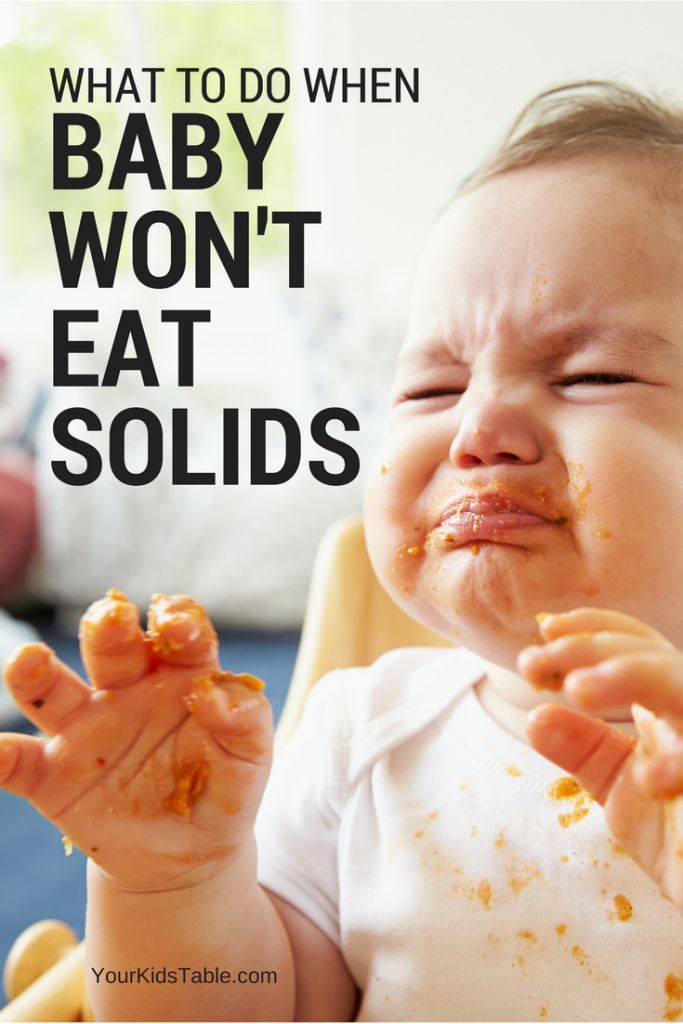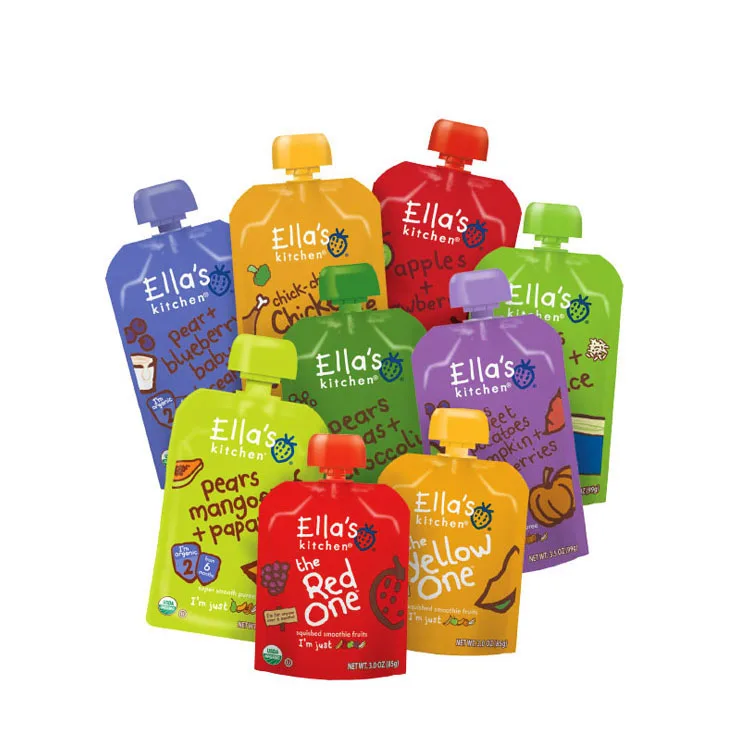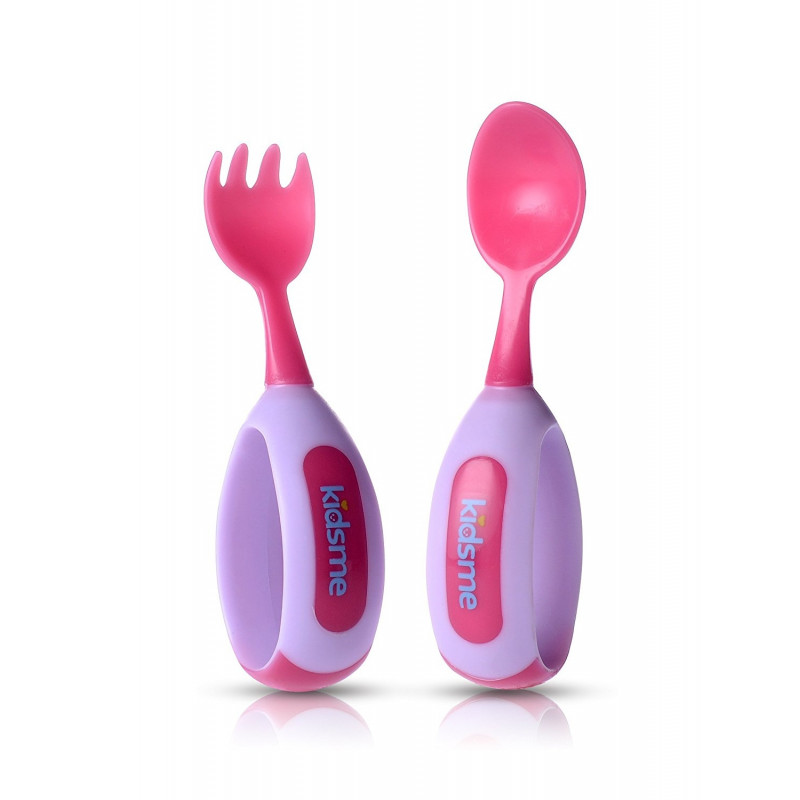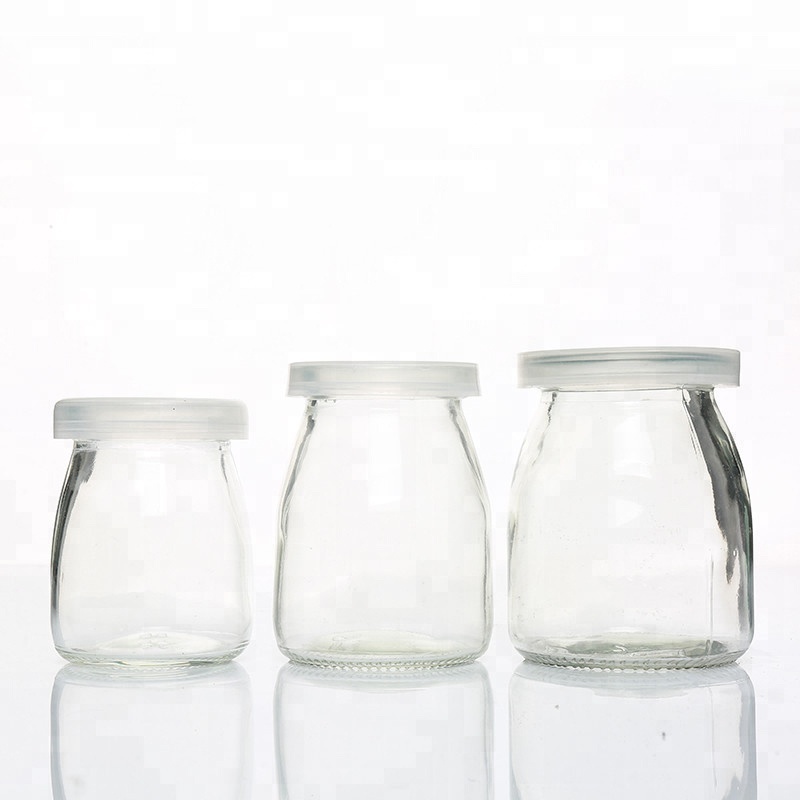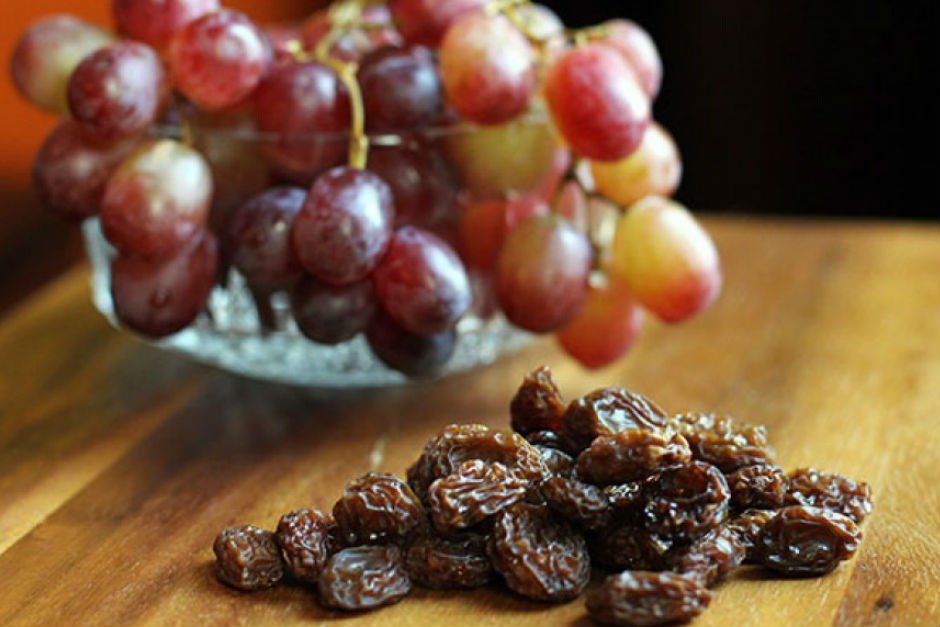Raisin baby food
Raisins for Babies - Can Babies Eat Raisins?
When can babies eat raisins?
It’s best to hold off until your baby is at least 18 months old to raisins for a couple of reasons. First, raisins (and dried fruit in general) are a choking hazard for babies younger than 12 months old.1 Second, raisins are very high in sugar (albeit natural sugar), which is best to limit when your baby is starting solids so that you don’t foster a preference for sweet foods.
Are raisins healthy for babies?
When served in moderation, raisins are a great snack for toddlers. The fruit’s nutritional profile changes during its transformation from fresh grape to dried raisin, and the dehydration concentrates the beneficial nutrients and vitamins (as well as its sugar content).
Compared to their fresh grape form, raisins have higher amounts of copper, iron, and vitamin B6, but also way more sugar—as much as four times the amount. There are also slight variations in the nutritional profile for each variety of raisin, with golden raisins (or “sultanas”) containing more fiber, protein, and B vitamins than their red and purple cousins.2
This is all to say that raisins can offer a powerful energy boost and added nutrition to your child’s meal, but that they should be served as an occasional snack rather than an everyday food. Also keep in mind when purchasing raisins: grapes regularly top the charts of produce sprayed with the most pesticides, so if your budget allows for it, purchase organic raisins.3
Are raisins a common choking hazard for babies?
Yes. Dried fruit, including raisins, is a choking hazard for babies.4 It’s best to hold off introducing raisins and dried fruit until your child is at least 18 months old.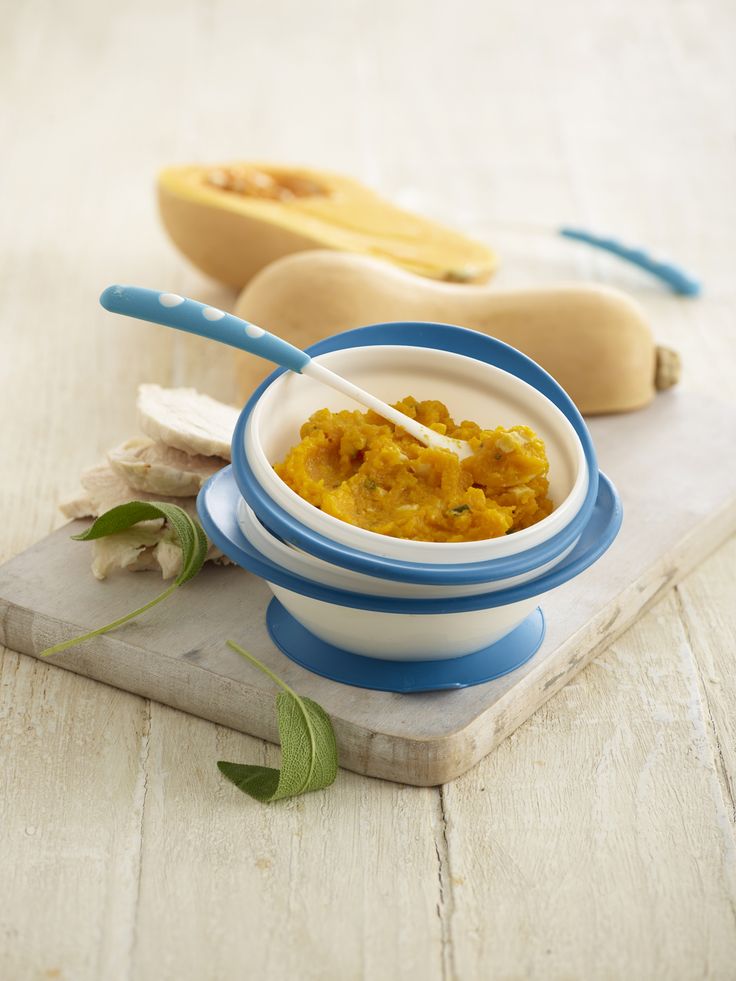 Even then, take care to prepare dried fruit in a way that minimizes the choking risk. One common method is to soak raisins in hot water until they are soft. You can also use minced raisins as a natural sweetener in your child’s favorite meals, like cereal, oatmeal, or yogurt.
Even then, take care to prepare dried fruit in a way that minimizes the choking risk. One common method is to soak raisins in hot water until they are soft. You can also use minced raisins as a natural sweetener in your child’s favorite meals, like cereal, oatmeal, or yogurt.
For more information, visit our section on gagging and choking and familiarize yourself with common choking hazards.
Are raisins a common allergen?
No—allergies to raisins are rare. However, raisins and dried fruit tend to be high in histamines, which can worsen allergic reactions and upper respiratory conditions. As with any new food, introduce a small quantity at first and watch closely as your baby eats. If there is no adverse reaction, gradually increase the quantity in following servings.
How do you prepare raisins for babies with baby-led weaning?
Every baby develops on their own timeline, and the suggestions on how to cut or prepare particular foods are generalizations for a broad audience. Your child is an individual and may have needs or considerations beyond generally accepted practices. In determining the recommendations for size and shape of foods, we use the best available scientific information regarding gross, fine, and oral motor development to minimize choking risk. The preparation suggestions we offer are for informational purposes only and are not a substitute for child-specific, one-on-one advice from your pediatric medical or health professional or provider. It is impossible to fully eliminate all risk of a baby or child choking on any liquid, puree, or food. We advise you to follow all safety protocols we suggest to create a safe eating environment and to make educated choices for your child regarding their specific needs. Never disregard professional medical advice or delay in seeking it because of something you have read or seen here.
Your child is an individual and may have needs or considerations beyond generally accepted practices. In determining the recommendations for size and shape of foods, we use the best available scientific information regarding gross, fine, and oral motor development to minimize choking risk. The preparation suggestions we offer are for informational purposes only and are not a substitute for child-specific, one-on-one advice from your pediatric medical or health professional or provider. It is impossible to fully eliminate all risk of a baby or child choking on any liquid, puree, or food. We advise you to follow all safety protocols we suggest to create a safe eating environment and to make educated choices for your child regarding their specific needs. Never disregard professional medical advice or delay in seeking it because of something you have read or seen here.
6 to 12 months old: Avoid due to sugar content and choking risk.
12 to 18 months old: Avoid due to sugar content and choking risk.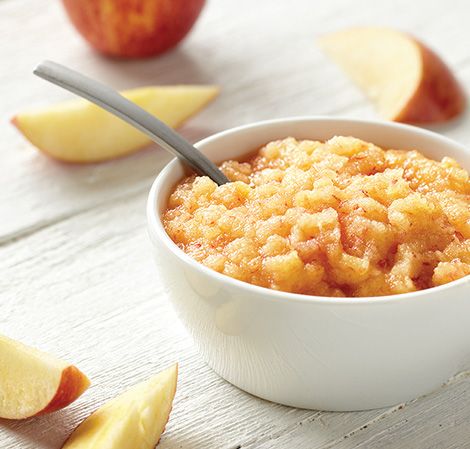 If the raisins are cooked into bread or other foods, the risk is lower.
If the raisins are cooked into bread or other foods, the risk is lower.
18 to 24 months old: Offer raisins on occasion rather than as a common snack. Be sure your child is eating in a safe environment (in a proper high chair, etc.) and never let your baby eat while running around.
For more information on how to cut food for babies, visit our page on Food Sizes & Shapes.
Golden raisins are plumper and juicier than their purple cousins and taste wonderful in couscous, energy balls, and whole grain bread.
Recipe: Amaranth Porridge with Pears & Raisins
18 months+
Ingredients
- Amaranth
- Pear
- Raisins
- Ground cardamom or cinnamon
- Heavy cream (or coconut cream)
Directions
- Bring ½ cup of amaranth and 1 ½ cups of water to a boil, then immediately reduce to a gentle simmer. Let the grain bubble away while you prepare the fruit.
- Soak a handful of raisins in a little hot water for a few minutes, until they are soft.
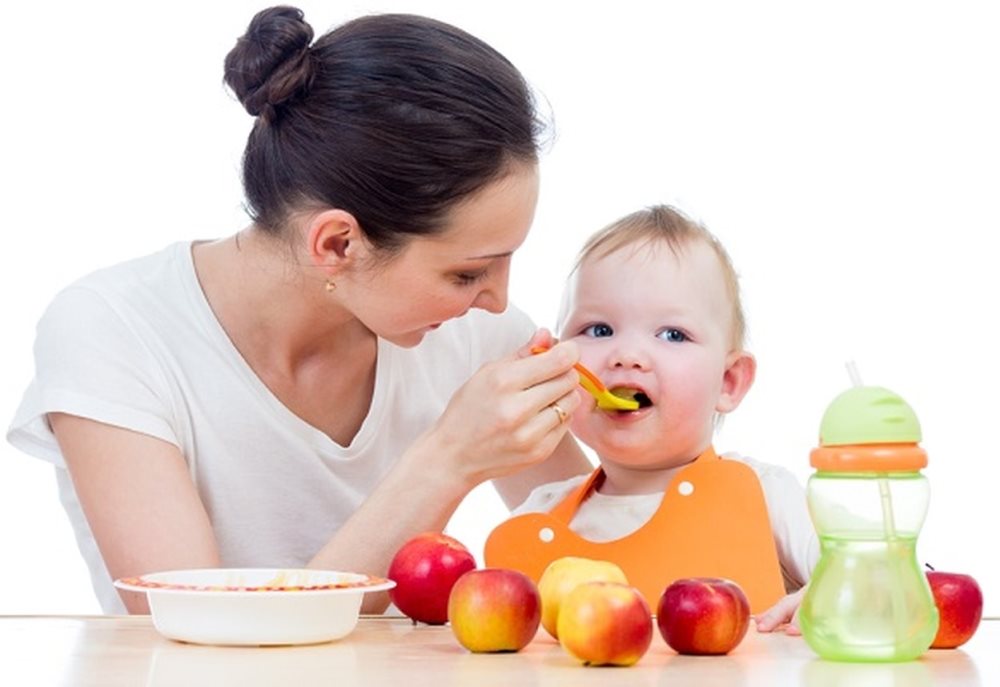 While the raisins are soaking, remove the skin, stem, and core from a pear and finely chop or mash the flesh. Drain the raisins and finely chop. Set aside.
While the raisins are soaking, remove the skin, stem, and core from a pear and finely chop or mash the flesh. Drain the raisins and finely chop. Set aside. - After the amaranth has been cooking for 25 minutes, fold in the raisins and add a pinch of cardamom or cinnamon if you’d like to add a little flavor. Cook for an additional 5 minutes. Next, fold in the pears and a splash or two of cream. Turn off the heat and let cool. Serve in a bowl that suctions to the table.
Flavor Pairings
Raisins are incredibly versatile and taste great in a wide range of dishes. They pair well with fruits like apple, banana, orange, and pear; nuts like coconut, pecan, pine nut, and walnut; greens like arugula and escarole; dark meats like beef, chicken, duck, lamb, and turkey; and tangy cheese like feta and goat cheese. Vanilla and warm spices like allspice, cardamom, cinnamon, and ginger complement raisins in many dishes.
- CDC Choking Hazards (website) Retrieved March 29, 2020
- San Francisco Chronicle.
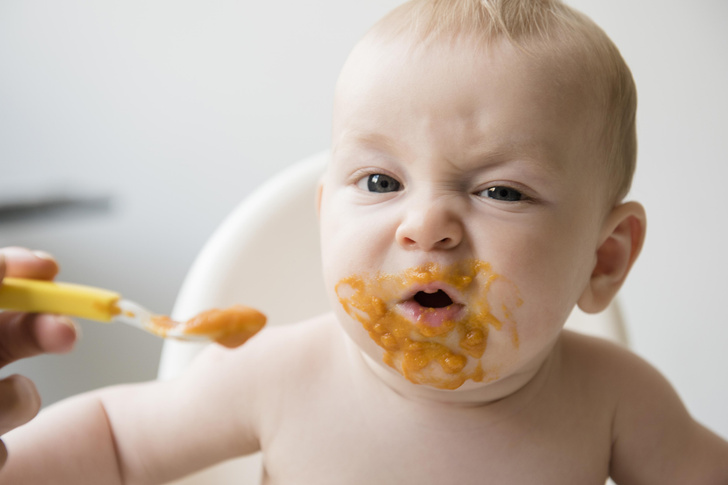 Raisins As An Energy Food. Retrieved March 22, 2020.
Raisins As An Energy Food. Retrieved March 22, 2020. - Environmental Working Group. Dirty Dozen: EWG’s Shoppers Guide to Pesticides in Produce. Retrieved March 22, 2020
- CDC Choking Hazards (website) Retrieved March 29, 2020
5 Health Benefits Of Raisins For Babies And Precautions
Raisins are energy-packed and highly nutritious but must be given to babies with caution.
Research-backed
MomJunction believes in providing reliable, research-backed information to you. As per our strong editorial policy requirements, we base our health articles on references (citations) taken from authority sites, international journals, and research studies. However, if you find any incongruencies, feel free to write to us.
Image: iStock
Many parents may consider raisins for babies’ diet. Raisins are dried grapes available in green and black, but you can also find other colors of raisins, including brown, purple, blue, and yellow.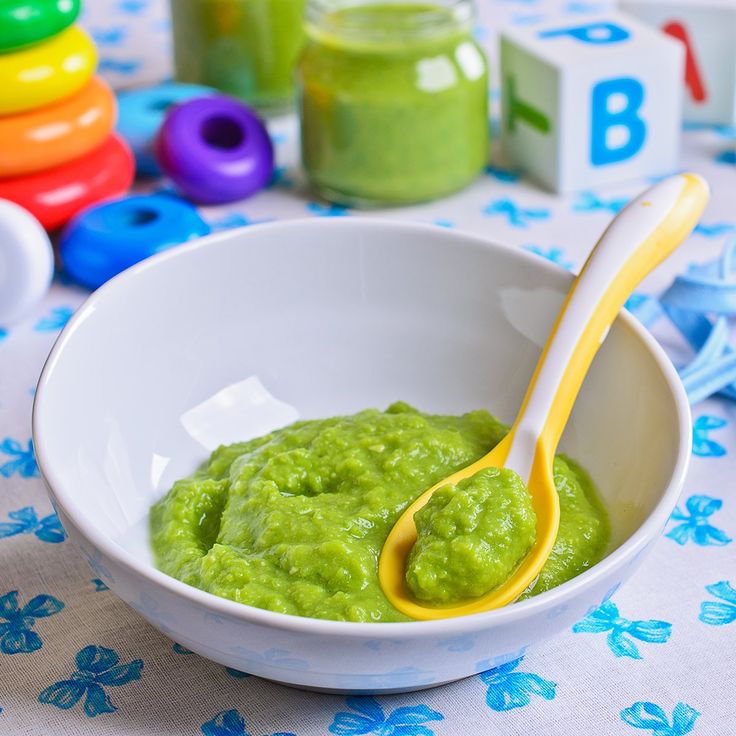 Regardless of color, raisins are high in fiber and phytochemicals, such as phenolic compounds, which improve human health (1).
Regardless of color, raisins are high in fiber and phytochemicals, such as phenolic compounds, which improve human health (1).
However, the high sugar level of raisins is frequently a subject of concern. A dilemma that may emerge in such a situation is whether you should feed raisins to babies.
Read this post to know about the safety of raisins in babies, their health benefits, potential negative effects, and several methods to incorporate raisins into a baby’s diet.
Are Raisins Safe For Babies?
Raisins are considered safe for babies. But in general, raisins are considered a hypoallergenic dried fruit. Although raisin allergy is rare it does exist (2). Therefore, it is good to consult a doctor before you introduce raisins to your baby.
When Can You Introduce Raisins To Your Baby?
Image: iStock
You can introduce cooked and mashed raisins at the age of six months when your baby is ready for solids. Never give a baby whole-raisins. Uncooked raisins can be a potential choking hazard for babies between the ages of six months and one year (3). Therefore, thoroughly cook and mash raisins to soften them before serving it to the baby.
Uncooked raisins can be a potential choking hazard for babies between the ages of six months and one year (3). Therefore, thoroughly cook and mash raisins to soften them before serving it to the baby.
You may introduce whole-raisins once they start finger foods. Begin with cooked raisins, which are easy to eat or soak them in hot water over night and let the toddler use it as finger food. As your baby progresses to tougher solid food, you may include uncooked whole raisins.
Nutritional Value Of Raisins
Raisins are nutritious. They are low-medium, energy-dense food that is rich in micronutrients. They also have considerable amounts of bioactive compounds such as flavonoids, phytoestrogens, and resveratrol (4).
Below is the approximate nutritional composition of 100 grams of raisins, along with the recommended amounts of nutrients on a per-day basis (5) (6).
| Name | Amount | RDA |
|---|---|---|
| Water | 15.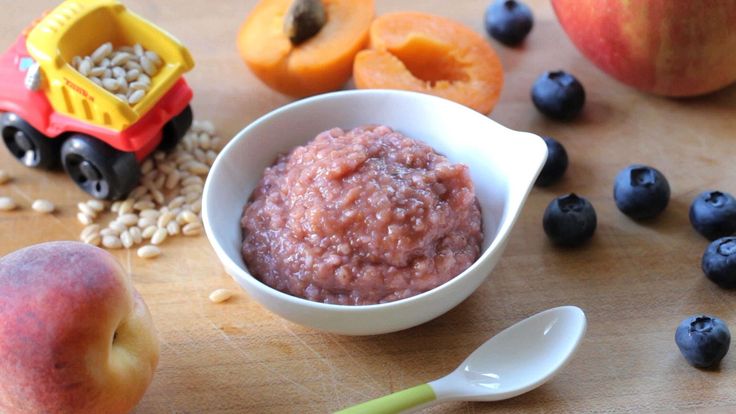 79g 79g | – |
| Energy | 308Kcal | – |
| Carbohydrate, by difference | 82.8g | – |
| Fiber, total dietary | 5.3g | – |
| Sugars, total including NLEA | 72.56g | – |
| Calcium, Ca | 9mg | 270mg (7-12 months) |
| Magnesium, Mg | 4mg | 75mg (7-12 months) |
| Phosphorus, P | 8mg | 275mg (7-12 months) |
| Potassium, K | 49mg | 700mg (7-12 months) |
| Sodium, Na | 5mg | 200mg (7-12 months) |
| Choline, total | 8.3mg | – |
| Carotene, beta | 27µg | – |
| Lutein + zeaxanthin | 138µg | – |
| Vitamin E (alpha-tocopherol) | 2.1mg | 4mg |
| Vitamin K (phylloquinone) | 7.6µg | 10µg |
Sources: U.S. Department of Agriculture and World Health Organization
Health Benefits Of Raisins For Babies
According to the National Health and Nutrition Examination Survey 2001–2012, consumption is associated with better nutrient intake, diet quality, a lowered risk of obesity, and metabolic syndrome (4).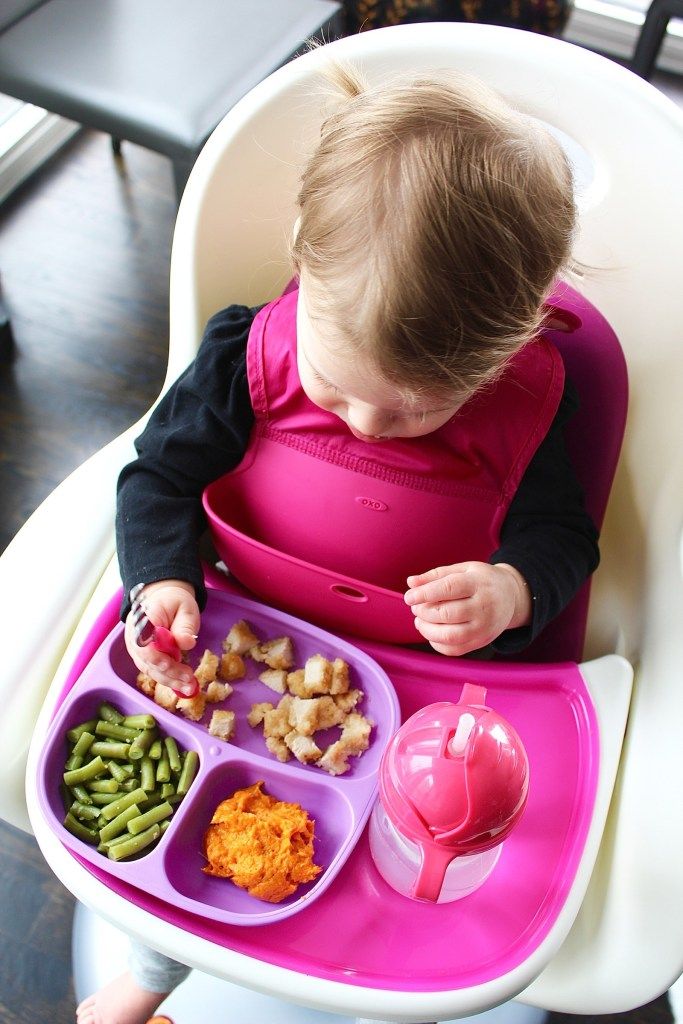 These benefits are appealing for babies in the long run. Below are some benefits that are worth a check.
These benefits are appealing for babies in the long run. Below are some benefits that are worth a check.
- Digestive health: Raisins have soluble and insoluble fiber. The insoluble fiber helps in keeping the bowel movement smooth, thus help prevent constipation. Therefore, babies can be given mashed raisins if they have constipation (7).
Image: iStock
- Gut microbiota: Healthy gut ensures proper growth and development of the babies. Raisins have tartaric acid and prebiotics, such as inulin. Some babies can also get diarrhea from inulin (8). A study published in the Nutrition Journal showed that the dietary fiber and phytochemicals present in raisins could potentially help in altering the gut microbiota and promote good health (9). However, more clinical studies are required to reaffirm the findings.
- Heart health: The intake of raisins, in the long run, could help in lowering the blood pressure.
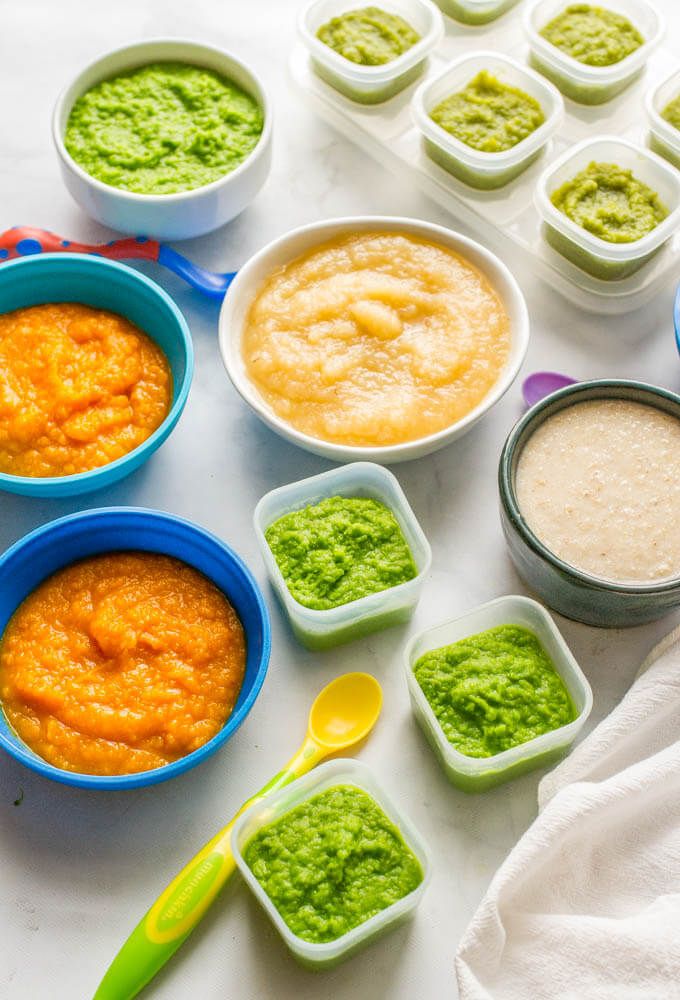 The presence of considerable amounts of potassium, fiber, and bioactive compounds such as phenols and tannins are considered responsible for the effect (9). However, more in-depth clinical trials are still required.
The presence of considerable amounts of potassium, fiber, and bioactive compounds such as phenols and tannins are considered responsible for the effect (9). However, more in-depth clinical trials are still required.
- Oral health: Raisins are often believed to cause poor oral health due to their gummy and sticky texture. However, some studies suggest the contrary (10). A study conducted by the U.S. Department of Food and Nutrition demonstrated that eating raisins may protect against cavities due to its antimicrobial properties.
Image: iStock
Raisins contain phytochemicals and plant antioxidants that could possibly help suppress the growth of bacteria that causes dental cavities. Also, the phytochemicals found in raisins could prevent harmful bacteria from sticking to the surface of teeth. This reduces the chances of cavities (11).
- Overall health: Raisins contain several phytochemicals and phytoestrogens that have antioxidant effects.
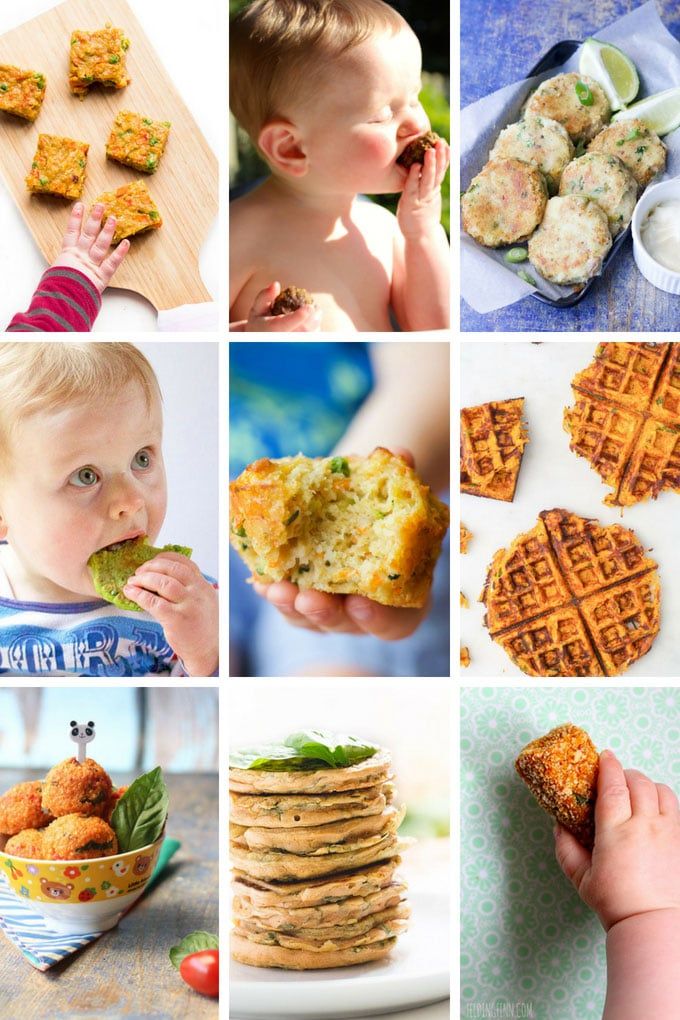 High amounts of antioxidants found in raisins help fight the free radical damage and thus help in fighting chronic illnesses (8). Besides, raisins are rich in boron that can possibly help in the maintenance of bone health (12). Some anecdotal evidence suggests that raisins can increase the hemoglobin content and can also reduce acidity. However, studies to validate these claims are sparse.
High amounts of antioxidants found in raisins help fight the free radical damage and thus help in fighting chronic illnesses (8). Besides, raisins are rich in boron that can possibly help in the maintenance of bone health (12). Some anecdotal evidence suggests that raisins can increase the hemoglobin content and can also reduce acidity. However, studies to validate these claims are sparse.
In spite of the benefits, do not overfeed raisins to your baby. It might lead to some side-effects.
Health Risks Of Raisins For Babies
- Allergy: If your baby is allergic to mold, then they have a higher chance of having raisin allergy (2). The common signs of raisin allergy are a runny nose, watery eyes, diarrhea, vomiting, nausea, skin rashes, eczema, and hives. However, in some serious cases, raisin allergy could also cause a change in the heartbeat, labored breathing, wheezing, chest tightness, and lightheadedness. In case you observe any of these signs, immediately discontinue feeding raisins or any product containing raisins to your baby and seek prompt medical attention.
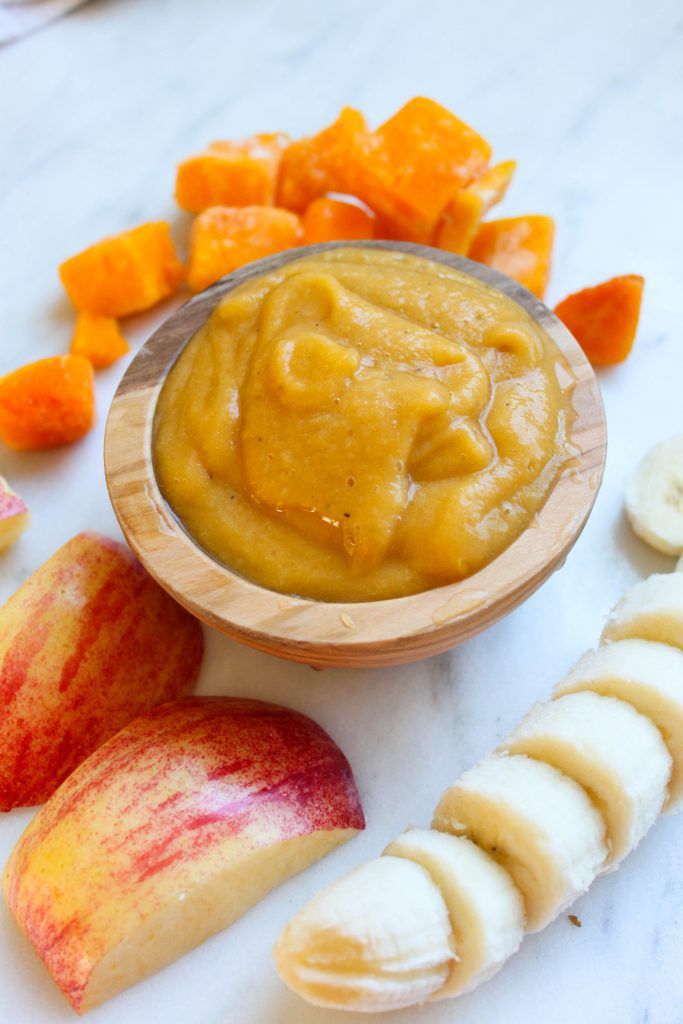
Image: iStock
- Gastrointestinal issues: Consuming too many raisins might increase the intake of total soluble fiber. Too much fiber can cause gastrointestinal issues, such as cramps, gas, and bloating. Some babies might even develop diarrhea. However, raisins, when consumed in moderation, do not cause such problems.
Precautions To Take While Giving Raisins To Your Baby
Follow these measures to avoid any unpleasant experiences to your baby:
- Preferably buy organic raisins from a reputable store.
- Prefer packed raisins since they have an allergy warning. Check for specific warnings such as “the product is manufactured at a unit where nuts are processed.” This will help you stay aware of potential cross-reaction.
- Always wash the raisins.
- When you feed raisins for the first time, give only cooked raisins and follow a three-day wait rule.
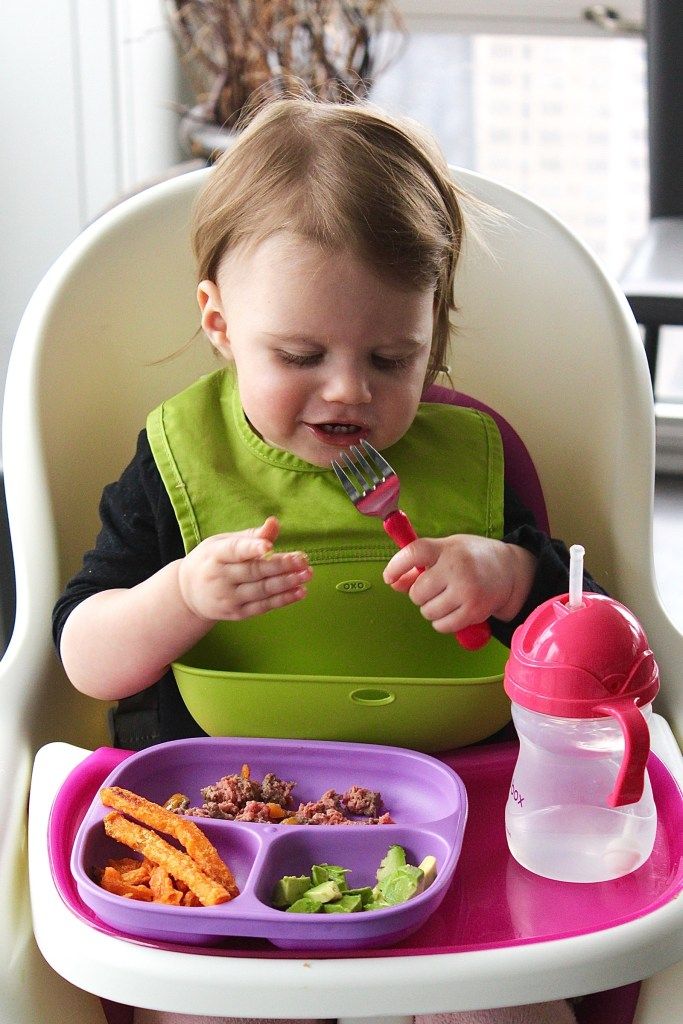 This will help you know if your baby is able to eat and digest raisins comfortably.
This will help you know if your baby is able to eat and digest raisins comfortably.
- Do not introduce any new food while you are introducing raisins. This will help you to know better if raisins are a cause of any discomfort.
- Feed whole-raisins to older babies only while they are seated and still. Do not feed the whole-raisin while the baby is playing, since it can increase the risk of choking.
- Do not give whole-raisins at bedtime. If left unnoticed, it may lead to choking.
- Once your baby starts chewing soft raisins, clean their teeth and mouth properly with a toothbrush.
The following precautions ensures maximum safety and mitigates any adverse effects.
Ways To Include Raisins In Your Baby’s Diet
Raisins can be added to your baby’s diet in various ways. Below are some ways that you might try.
- Initially, raisins should ideally be given cooked. For cooking, add raisins in boiling water and wait until they swell up and get mushy.
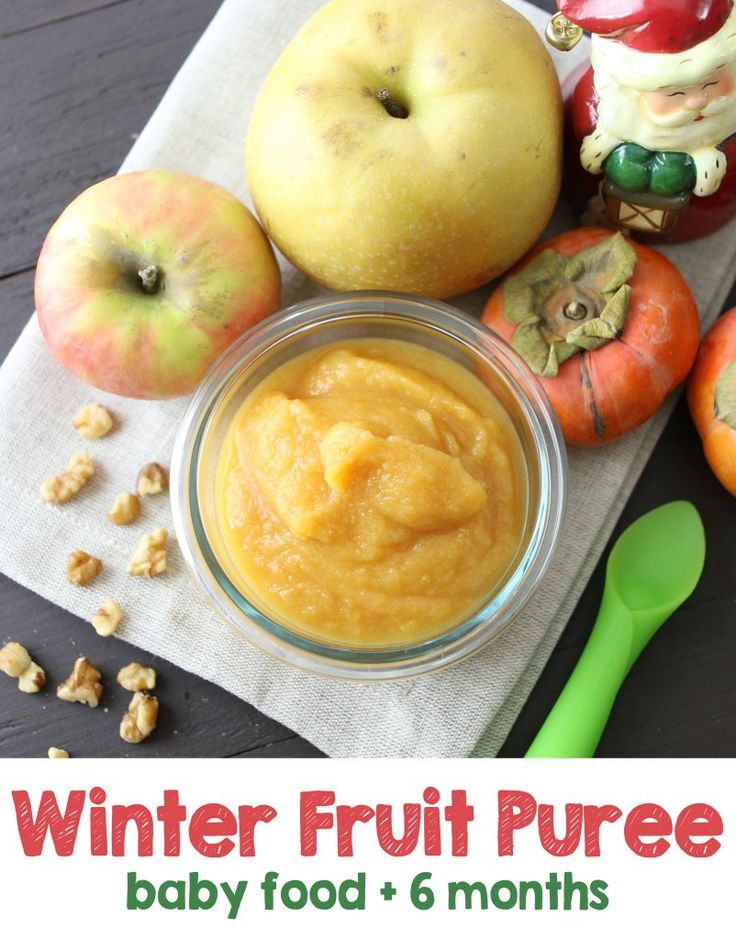 After cooking, you can mash the raisins or grind them to make a puree.
After cooking, you can mash the raisins or grind them to make a puree.
- Whether pureed or mashed, raisins can be added to foods that your baby is already consuming. For example, you may add raisin puree to unsweetened Greek yogurt.
- It is best to serve uncooked raisins by chopping them into small pieces and adding them to the baby’s cereal or smoothie. Keep the raisin pieces as tiny as possible to avoid the risk of choking.
Image: iStock
- Raisins can be added to various bakery foods such as muffins, cookies, cakes, and pastries. Try raisins to reduce the quantity of sugar added in the recipes.
- You can also try giving raisin juice to your baby once in a while. Serve a small quantity of juice as an occasional dessert since raisins are high in simple sugars, namely glucose, and fructose.
1. How many raisins a day can I give to my baby?
There is no set limit. However, as raisins are high in sugar, they should be given in moderation.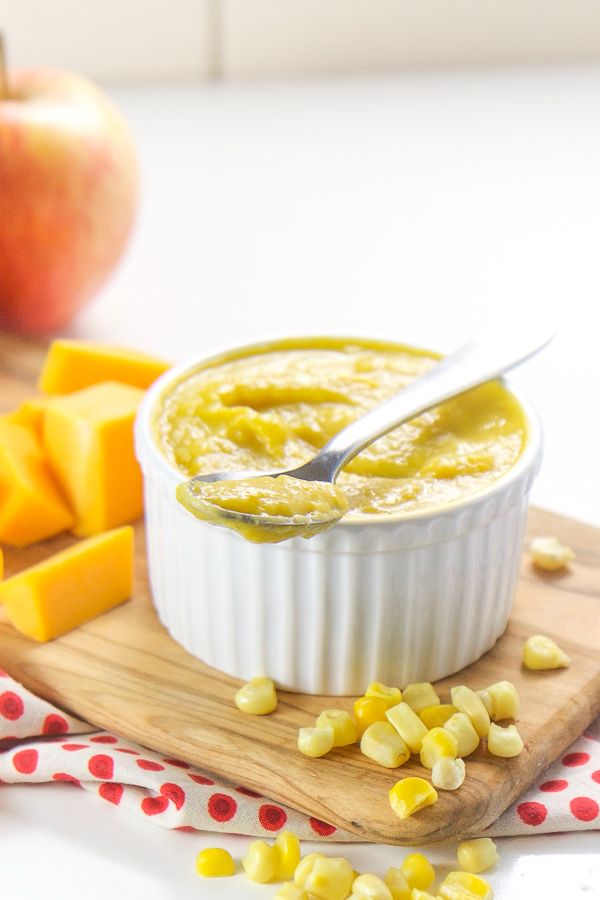 To start with, you can give a tablespoon (10 grams) of raisins a day and gradually increase the amount to a handful.
To start with, you can give a tablespoon (10 grams) of raisins a day and gradually increase the amount to a handful.
2. Are there any benefits of raisin water for babies?
Raisin water is the water left behind after soaking them overnight. In some traditional practices, this water is used to treat fever and constipation. Anecdotal evidence shows its effectiveness, but there are no clinical studies affirming its efficacy.
Raisins are sweet and dry fruits that can enhance the beauty and flavor of a dish it gets added to. But when considering raisins for babies, you need to know about certain things such as allergic reactions, choking hazards, and gastrointestinal issues since babies are more sensitive than adults. As long as you are following the necessary precautionary measures, you can safely include raisins for babies to help them gain its many health benefits. However, you may consult your child’s doctor before including it in their diet to know the right amount.![]()
References:
MomJunction's articles are written after analyzing the research works of expert authors and institutions. Our references consist of resources established by authorities in their respective fields. You can learn more about the authenticity of the information we present in our editorial policy.
1. Olmo-Cunillera A et al.; Is Eating Raisins Healthy?; National Center For Biotechnology Information
2. S Chibuluzocorresponding and T Pitt; Raisin allergy in an 8-year-old patient; NCBI
3. Choking Hazards; Centers For Disease Control And Prevention
4. Victor L. Fulgoni et al.; Association of raisin consumption with nutrient intake, diet quality, and health risk factors in US adults: National Health and Nutrition Examination Survey 2001–2012; National Center For Biotechnology Information
5. Fruit, dried, NFS (assume uncooked), (341465); Food Data Central; USDA
6. Feeding and nutrition of infants and young children; WHO
7. Bowel Obstruction Alert; Office of Ombudsman for Mental Health and Developmental Disabilities, Minnesota
Bowel Obstruction Alert; Office of Ombudsman for Mental Health and Developmental Disabilities, Minnesota
8. Health Benefits of Sun-Dried Raisins USA; Semantic Scholars
9. Snacking On Raisins May Offer A Heart-Healthy Way To Lower Blood Pressure; American College of Cardiology
10. Wong A et al.; Raisins and oral health.; National Center For Biotechnology Information
11. S. G. Damle; Does raisins protect against cavities?; National Center For Biotechnology Information
12. Minerals for Bone Health; American Bone Health
The following two tabs change content below.
- Reviewer
- Author
Swati Patwal is a clinical nutritionist, a Certified Diabetes Educator (CDE) and a toddler mom with over eight years of experience in diverse fields of nutrition. She started her career as a CSR project coordinator for a healthy eating and active lifestyle project catering to school children.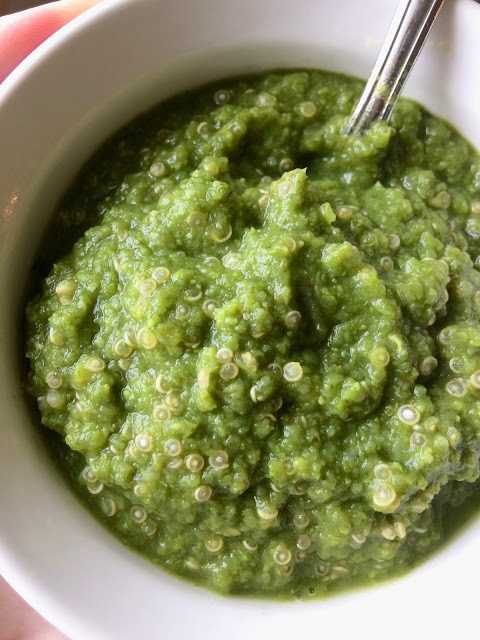 Then she worked as a nutrition faculty and clinical nutrition coach in different... more
Then she worked as a nutrition faculty and clinical nutrition coach in different... more
Jyoti Benjamin has 25 years of experience as a clinical dietitian and currently works in Seattle. She focuses on teaching people the value of good nutrition and helping them lead healthy lives by natural means. Benjamin has a masters in Foods and Nutrition, and has been a longtime member and Fellow of AND (Academy of Nutrition and Dietetics) and the... more
Is it possible for children to have raisins? The benefits and harms of raisins in baby food ~
Raisins are dried grapes and are an alternative to all other store-bought goodies, especially when talking about small children. Moreover, these dried fruits contain a huge amount of various substances necessary for the human body.
Before you let your child eat this sweet dried fruit, you need to find out at what age children can eat raisins and in what quantity, and whether there are any contraindications.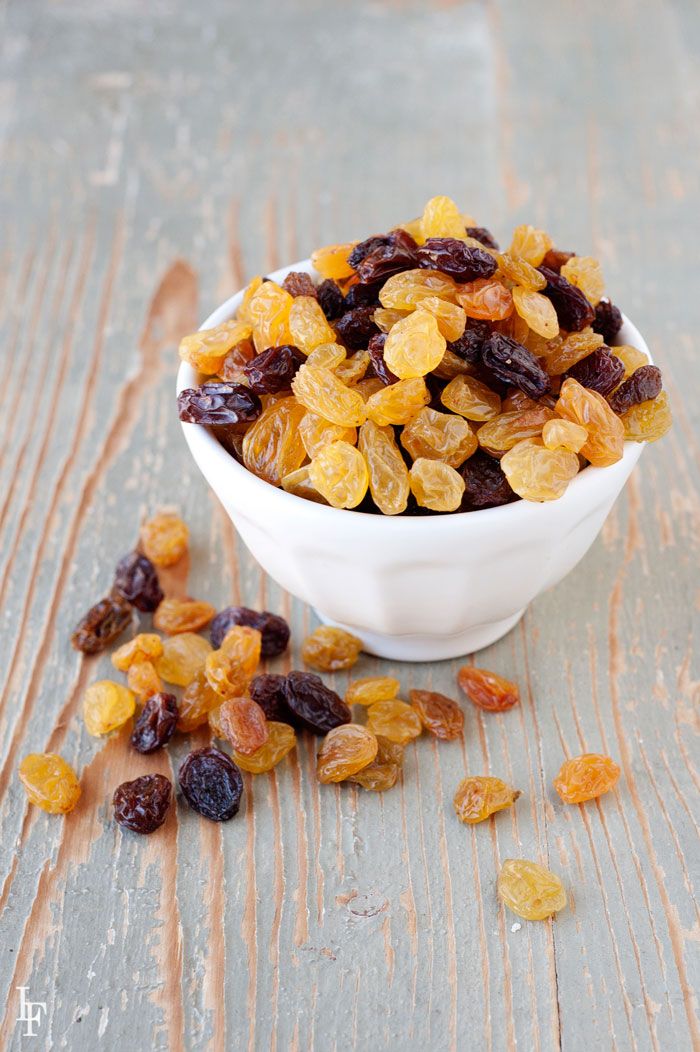
By itself, raisins are good for children, because they contain a huge amount of microelements useful for the child's body, but there are several reasons why you should not give this dried fruit to children, especially when it comes to babies.
Raisins: benefits for children
When raisins are made from grapes, they retain up to seventy percent of vitamins. That is why dried grapes are in no way inferior in benefits to fresh berries.
Raisins contain healthy sugars , thanks to which these berries are an excellent substitute for sweets and do not damage tooth enamel.
The product contains a huge amount of vitamins, minerals and microelements that a baby needs in the first years of life for normal growth and development.
Useful properties of raisins:
- General strengthening of the body's immunity.
- Improvement of the condition of the skin.
- Strengthening the enamel of teeth, nails, hair.
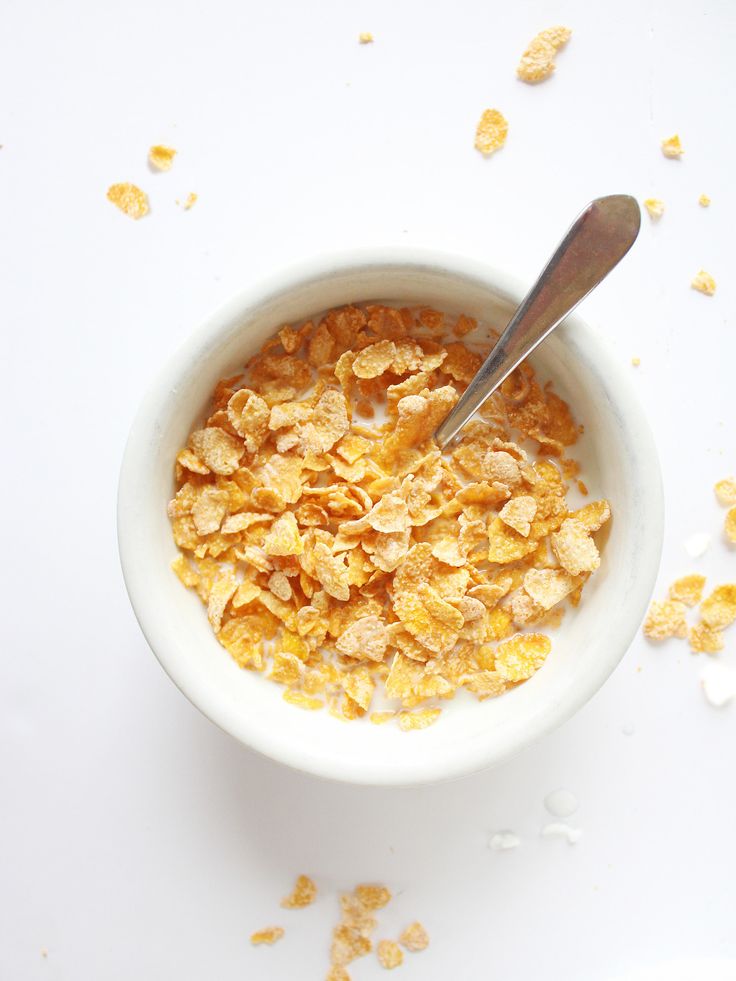
- Normalization of digestion.
- Normal growth and development of all major organs and systems of the body.
Raisins are very useful for frequently ill children with weakened immune systems , because due to its rich composition, this dried fruit will help improve the health of the baby. Also, for general prevention, it is recommended to give raisins to healthy children.
Harm from raisins to children
A small child can choke on raisins , since the berries themselves are very viscous, so chewing them can be quite difficult even for an adult, not to mention a child who has just begun to erupt teeth.
When choosing dried fruits, pay attention to the type of raisins. Many varieties of these dried fruits are dried using the chemical method, which makes the product less useful, especially for young children.
Do not choose berries that are too small, as they are raisins are often poorly washed.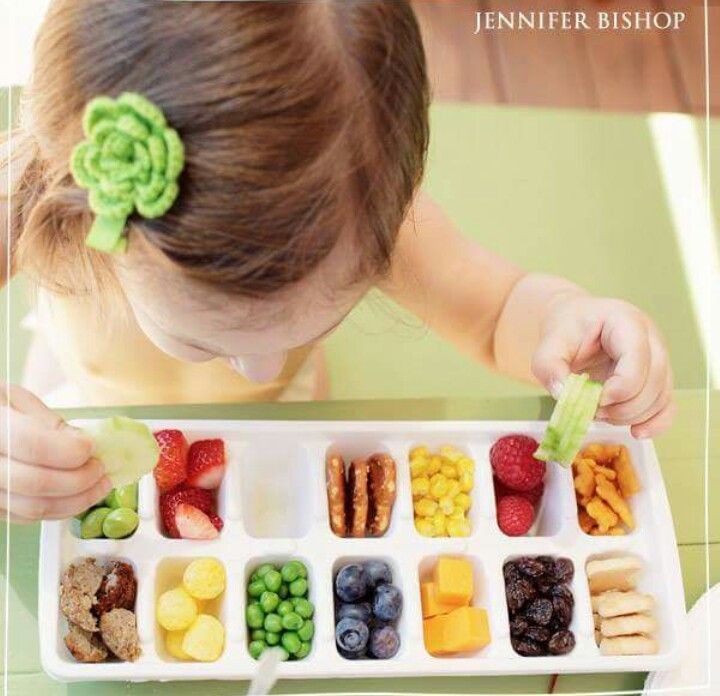
The digestive system of a newborn child may not be able to cope with such a rather heavy product, as well as with other types of dried fruits.
Does this mean that, despite their positive properties, these dried fruits should be excluded from the diet of a small child? Not really.
A child who has reached the age of six months and is able to chew food independently can eat berries in their pure form, as they are sold in stores. Babies also need raisins for normal growth and development, but in this case, for newborns, it is necessary to prepare special decoctions or compotes, which also retain all the beneficial properties.
At what age can raisins be given to a child?
Babies who have reached the age of one and a half years can safely try these dried fruits in their pure form, the main thing is to do it under adult supervision. Moreover, parents should pay attention not only to how many months or years the baby is, but also to the overall development of their child.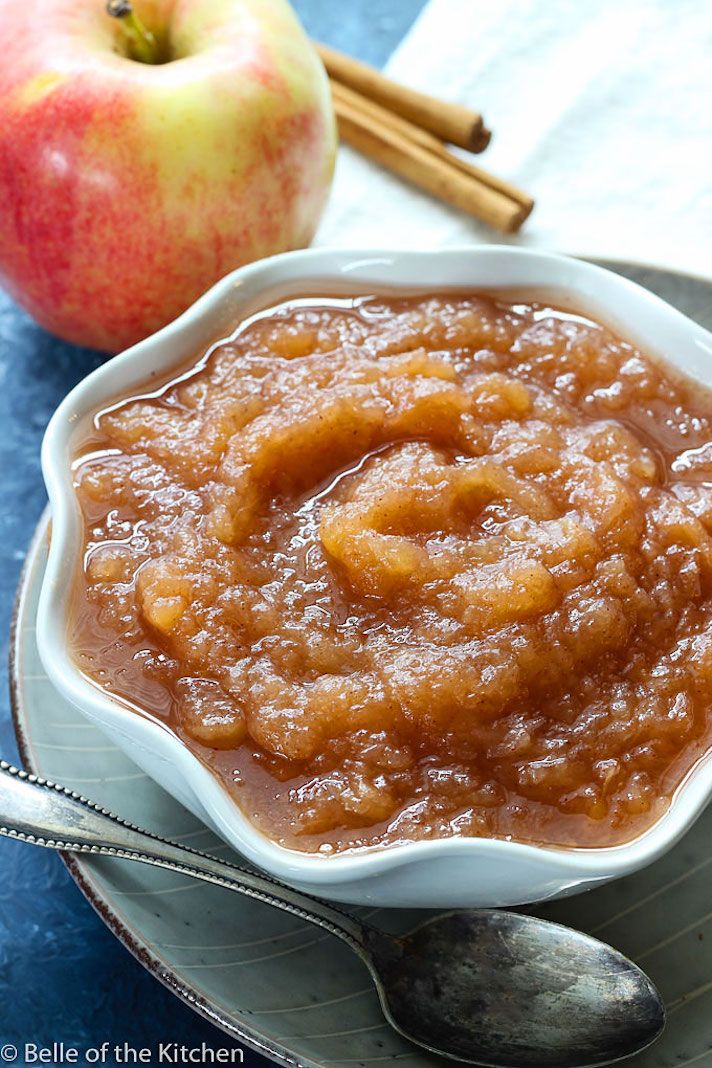
Children can have raisins if:
- The baby already has enough teeth for normal chewing,
- The child does not indulge or play while eating,
- Can already hold small objects in his hand,
- Chews food thoroughly.
So even a child up to a year old can have raisins, if the baby is interested in them, and mom and dad look after him at this time.
Parents should definitely supervise the child while eating raisins, as small "samples" of raisins during pampering may end up in the nose or ears. Only contacting a specialist will help solve this problem - a doctor with the help of special tools can get dried fruit stuck in "hard-to-reach" places quickly and painlessly.
Older children can be given dried fruits and raisins, including instead of sweets.
Raisins in the children's menu can also be used as a healthy and tasty addition to ordinary food - you can put it in porridge and bake cheesecakes with it.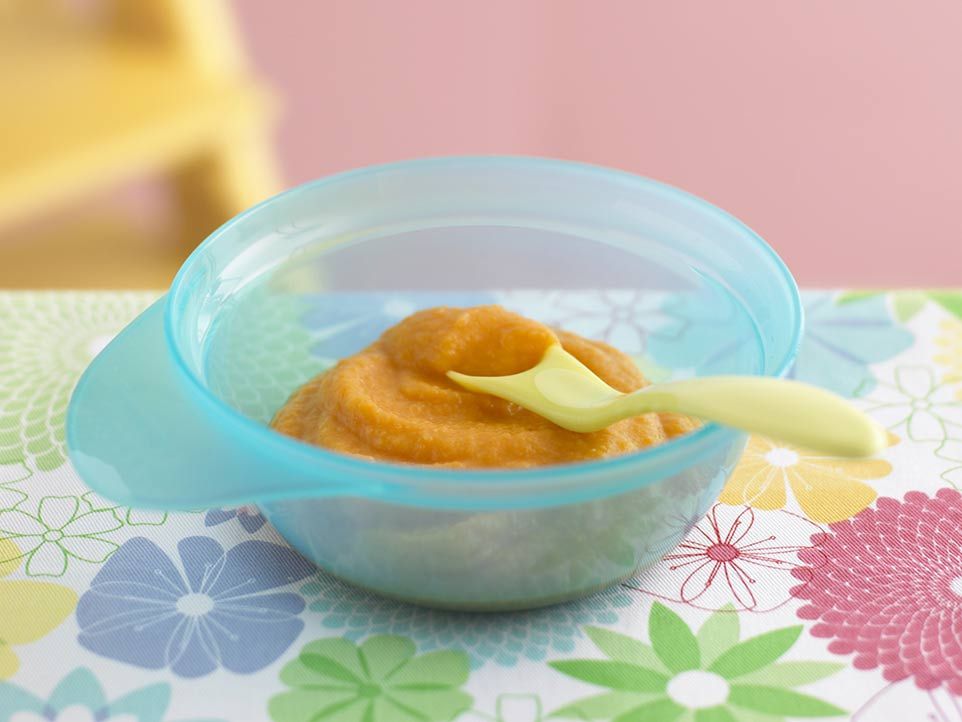
More on the topic:
Our section "Vegetables and fruits in baby food".
Millet casserole with raisins. Children food. Rules, tips, recipes
Millet casserole with raisins. Children food. Rules, tips, recipesWikiReading
Children food. Rules, tips, recipes
Lagutina Tatyana Vladimirovna
Contents
Millet casserole with raisins
Millet - 2 tbsp. l.
Milk - 1 cup
Egg - 0.5 pcs.
Raisins - 1 tsp
Sugar - 1 tsp.
Sour cream - 0.5 tsp.
Butter - 0.5 tsp.
Breadcrumbs - 1 tsp.
Cook porridge from milk and millet. When it cools down, add an egg, sugar, raisins washed in warm water to it and mix everything thoroughly.
Put the resulting mass into a mold greased with butter and sprinkled with breadcrumbs, pour over with sour cream and bake in a preheated oven.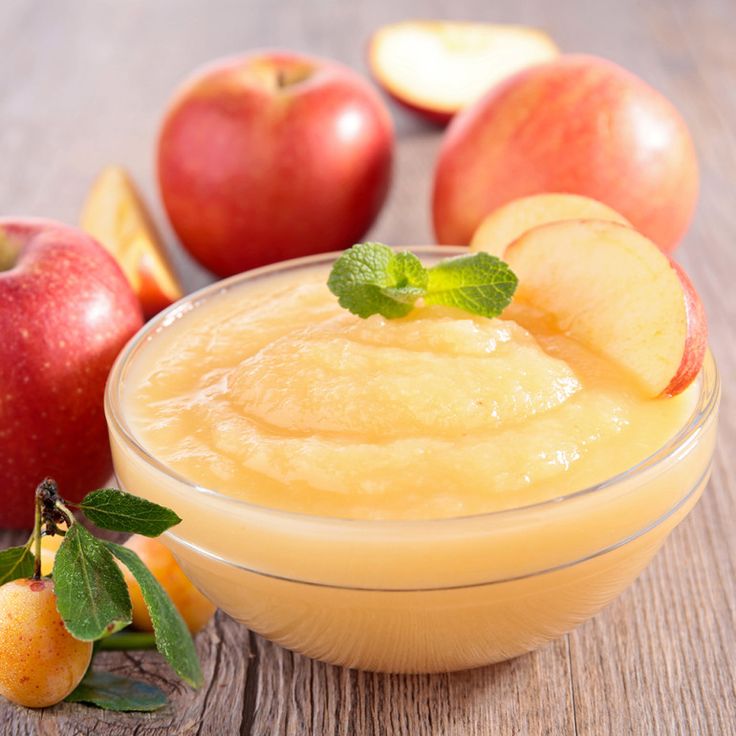
This text is an introductory fragment.
Curd casserole with raisins
Curd casserole with raisins Ingredients: cottage cheese - 200 g, raisins - 30 g, egg whites - 2 pcs., butter - 50 g, semolina - 2 teaspoons, baking soda - 0.25 teaspoons, sugar and salt to taste. Cooking method Raisins are washed with cold water and soaked in warm boiled water
Curd casserole with raisins
Curd casserole with raisins Ingredients: cottage cheese - 600 g, semolina - 6 tbsp. spoons, egg - 1 pc., sugar - 1/2 cup, baking powder or soda - 1 teaspoon (soda must be extinguished with lemon juice or vinegar), vanillin or vanilla sugar - to taste, raisins - to taste, sour cream - 2 tbsp .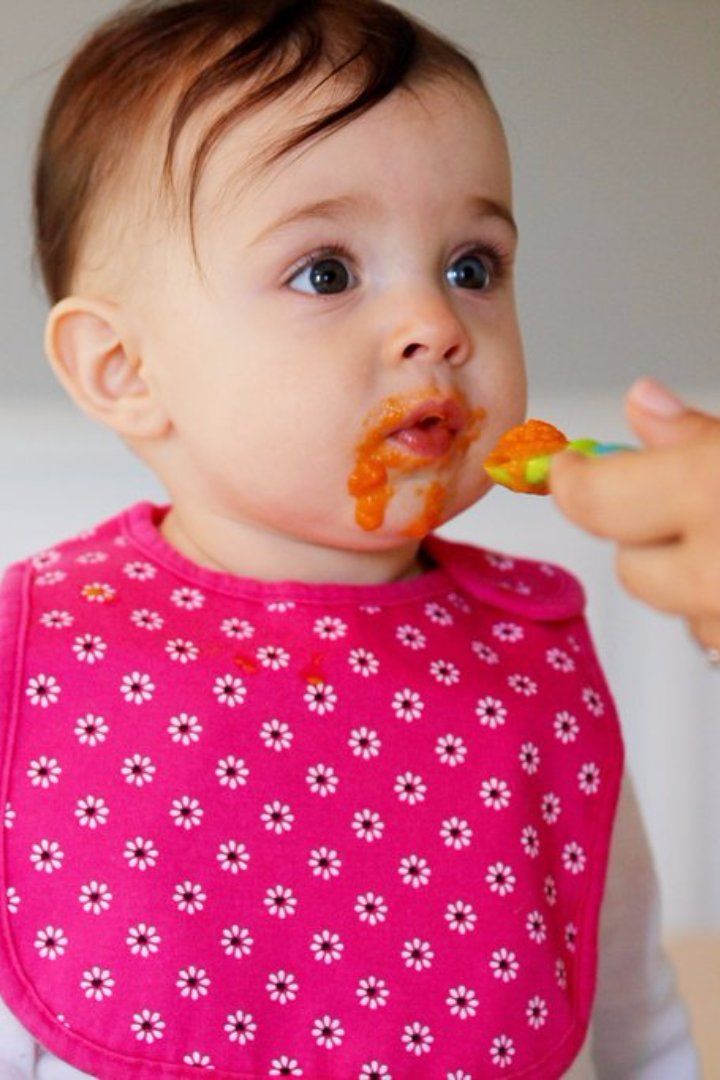 spoons. At
spoons. At
Raisin rice casserole
Rice casserole with raisins Put rice, salt, sugar into boiling water and continue to cook, stirring, for 10-15 minutes, then pour in hot milk and stir. Allow to cool slightly, add the sorted and washed raisins, beaten egg, vanillin and mix everything thoroughly. Tray or
Raisin rice casserole
Rice casserole with raisins Ingredients: 0.5 cup rice, 1 cup milk, half a glass of water, 2 eggs, salt, sugar, raisins to taste, vanillin on the tip of a knife. Preparation: put rice, salt, sugar into boiling water and continue to cook, stirring, 10 -15 min, then pour hot
Semolina casserole with raisins
Semolina casserole with raisins 100 g semolina, 500 ml milk, 100 g butter, 3 eggs, 100 g raisins, 80-90 g sugar.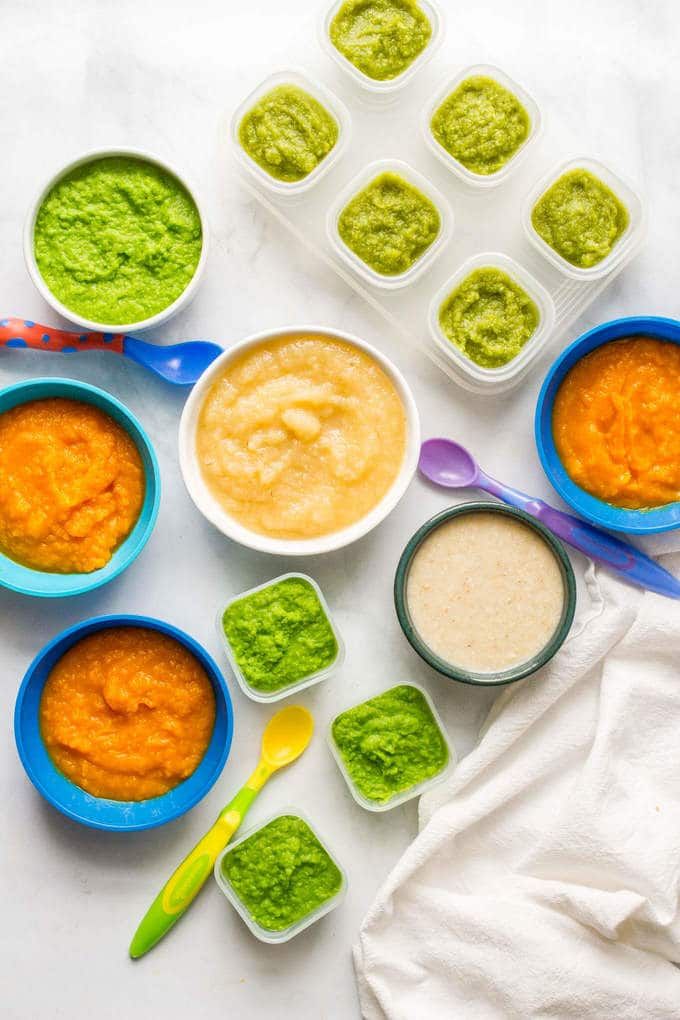 Add butter to boiling milk and, stirring, add semolina. Cook over low heat, then add sugar, raw egg yolks. Washed and dried raisins
Add butter to boiling milk and, stirring, add semolina. Cook over low heat, then add sugar, raw egg yolks. Washed and dried raisins
49. Cottage cheese casserole with raisins
49. Cottage cheese casserole with raisins products 500 g cottage cheese, 100–120 g sugar, 2 eggs, 100 g sour cream, 1 sachet baking powder, 1/2 cup semolina, 1 pinch vanillin, 1 pinch salt, 1/2 cup raisins, 50 g butter, 200 g sour cream Cooking time - 1 hour. Rub cottage cheese with
Pumpkin raisin casserole
Pumpkin casserole with raisins 1 kg of ripe pumpkin, 1 cup of raisins, 1 cup of water, 1 cup of sour cream, 3 tbsp. tablespoons of softened butter, sugar and vanillin to taste. Peel the pumpkin from the peel and fibrous tissue along with the seeds, and cut the pulp into small slices. Mix
Raisin Cheese Casserole
Cheese casserole with raisins 300 g cheese (any), 150-170 g flour, 80 g sugar, 40 g raisins, 40 g butter (melted), 200 ml cream, 4 eggs. Beat the eggs and combine with cream, flour, grated cheese, sugar and oil. Pour boiling water over raisins and leave for 20 minutes. Then send
Beat the eggs and combine with cream, flour, grated cheese, sugar and oil. Pour boiling water over raisins and leave for 20 minutes. Then send
Pumpkin raisin casserole
Pumpkin casserole with raisins 1 kg of ripe pumpkin, 1 cup of raisins, 1 cup of water, 1 cup of sour cream, 3 tablespoons of softened butter, sugar and vanillin to taste. Peel the pumpkin and fibrous tissue along with the seeds, and cut the pulp into small slices.
558. RAISIN SEVA CASING
558. RAISIN SEVA 1 cup semolina, 3 cups milk, 100 g raisins, 2 cups water, 2 tbsp. spoons of sugar, 2-3 eggs, 1 tbsp. spoon of oil, 1 tbsp. a spoonful of crackers, zest from 1 lemon. In cooled semolina (552) add raisins, lemon or orange zest, mashed with sugar
Cottage cheese casserole with raisins
Cottage cheese casserole with raisins Ingredients: Low-fat cottage cheese - 500 g Egg - 1 pc.